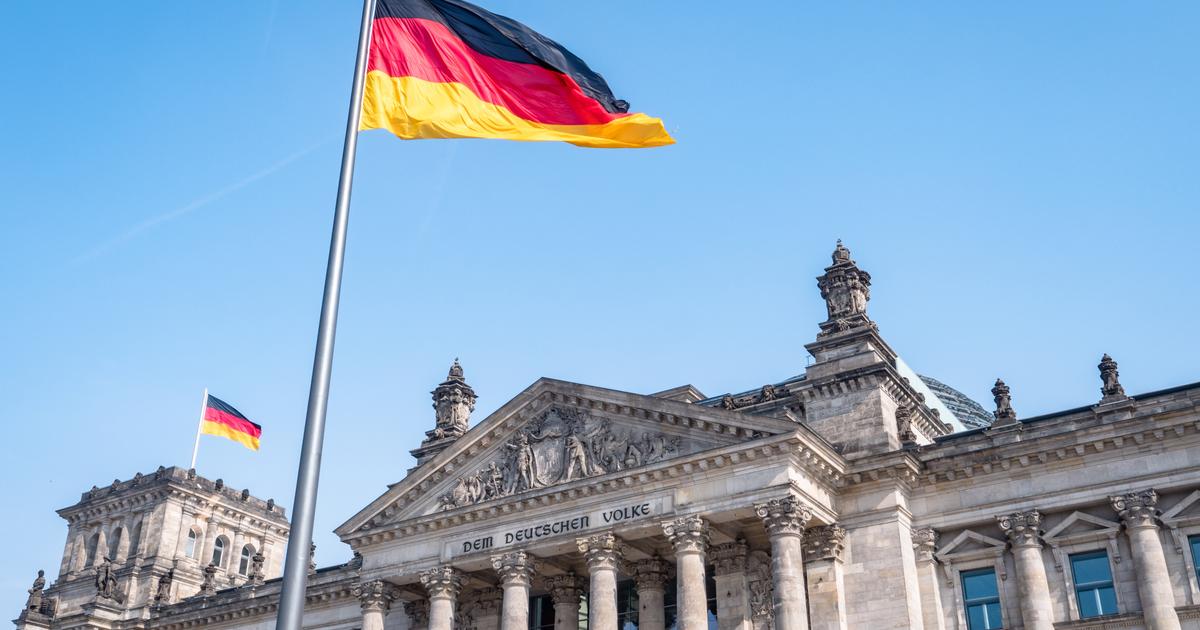In the second quarter, wages and salaries in Germany rose again faster than inflation. Workers therefore had on average more money in their pockets than a year before. Adjusted for the rise in consumer prices, real wages were 1.3 percent higher than in the second quarter of 2018, the Federal Statistical Office reported.
A particularly strong increase in nominal wages in the second quarter was attributable among other things to employees
The plus in transport and storage (0.3 percent) was significantly lower. However, the timing of collective bargaining and increases varies from sector to sector.
- in public administration (5.9 percent),
- in real estate and housing (4.7 percent),
- in construction as well
- in the field of education (4.2 percent each).
This continues a positive trend that has been ongoing since the beginning of 2014. Since then, real wages have been rising steadily. If the employees have more money at their disposal, this strengthens their purchasing power. This can boost consumption as an important pillar of the domestic economy.
According to the Wiesbaden authority, wages increased nominally - gross monthly earnings including special payments such as performance bonuses - by about three percent on average. The inflation rate was slightly lower at 1.6 percent.
Germans remain in a buying mood
Despite the weakening economy, the German citizens remain in a buying mood. According to the consumer climate study produced monthly by the market research institute GfK, people in Germany continue to rate the development of their own income positively and are prepared to make larger purchases.
Private consumption is an important pillar of the German economy. It accounts for well over half of the total economic output of Europe's largest economy. In the second quarter, consumer spending increased slightly by 0.1 percent. Foreign trade suffers from international trade conflicts and slowed economic growth in Germany.



/cloudfront-eu-central-1.images.arcpublishing.com/prisa/X33WQ3GSYFF3DBKJDAVIGHN3DA.jpg)



